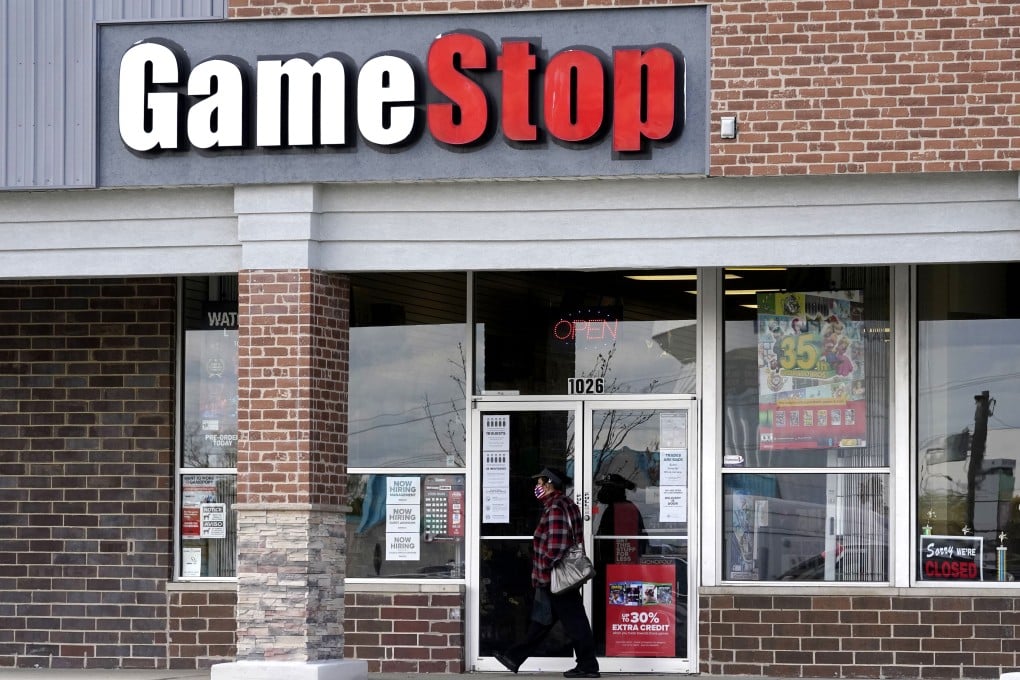Advertisement
Why the GameStop stock frenzy is likely to end in financial crisis
- The drama unfolding around GameStop is a tale of the internet levelling the playing field between at-home retail investors and Wall Street. The US stock market may become as retail dominated, and as volatile, as the Chinese market
Reading Time:4 minutes
Why you can trust SCMP
7

A blood sport is emerging on Wall Street. A band of millennials is buying stocks that big hedge funds have heavily shorted. The surging stock prices have triggered heavy losses for these funds. This game of hunting short-sellers may bankrupt many big hedge funds, which could take their financing banks down with them. The potential for a financial crisis is high, and rising.
Specifically, an epic drama is unfolding around GameStop. Wall Street assumed that the bricks-and-mortar video game retailer would die quickly, as the market was moving online. The big hedge funds shorted 140 per cent of the stock. That’s right, the short sellers sold more stocks that they didn’t own than the company had issued. Millennial retail investors coordinated a short squeeze online, pushing up the stock price 20-fold.
The short-sellers have suffered paper losses of around US$20 billion. They are still holding onto the shorts, hoping the “troublemakers” will turn on each other and leave. The internet trading platforms seem to have helped them by limiting buying to one share per person.
Advertisement
The power play by short sellers could backfire. Politicians are likely to intervene to question the motive for limiting buying. It smells fishy, and confirms many people’s belief that Wall Street is rigged against the little guys. If these trading platforms are forced to open up, the price may surge again.
The hedge funds involved may also have to sell liquid stocks like Apple and Google to raise cash. The market could come under heavy pressure in the coming days.
Advertisement
Advertisement
Select Voice
Select Speed
1.00x
